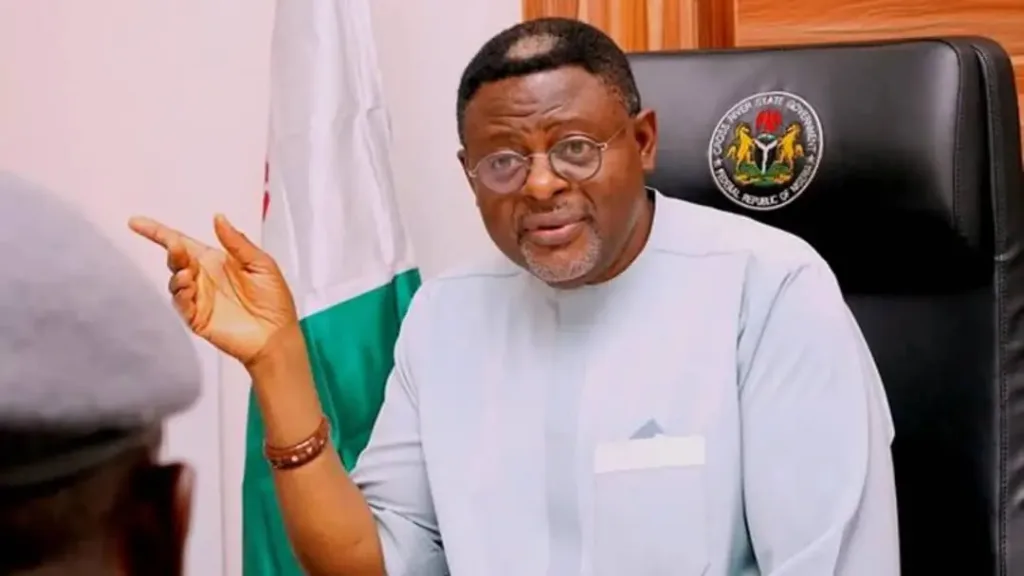In a move to centralize official communications, Cross River State Governor Bassey Otu has prohibited political appointees and aides from speaking to media outlets or issuing public statements without authorization. The directive, announced by the state’s Commissioner for Information, Dr. Erasmus Ekpang, aims to curb what the government describes as “unauthorized engagements” with journalists on critical policy matters.
A formal statement released by Ekpang expressed concern over recent instances where aides and political appointees took liberties in discussing government affairs without approval. These individuals, the commissioner noted, had “arrogated to themselves the role of official spokespersons” for both the state administration and Governor Otu. The circular clarified that only two officials—Ekpang himself and the Chief Press Secretary/Special Adviser on Media and Publicity—are now authorized to disseminate information on behalf of the government.
The decision underscores growing unease within Nigeria’s Cross River State leadership over inconsistent public messaging. Unvetted press releases, interviews, and statements reportedly led to confusion about policy directions, prompting the administration to tighten controls. “All government political appointees are reminded that official communications must follow approved channels,” the statement read, emphasizing stricter adherence to protocol.
Effective immediately, any official communication—including press releases and public statements—must undergo mandatory review by Ekpang or the governor’s chief press secretary before publication. The policy aligns with broader efforts to streamline information flow and prevent potential misinterpretations of government actions. While the announcement did not specify penalties for violations, it signals a concerted shift toward centralized oversight of media relations.
Cross River State, a region in southern Nigeria, has faced political and economic challenges in recent years, including disputes over resource allocation and infrastructure development. Analysts suggest that controlling narratives around governance could be aimed at reinforcing administrative unity, particularly as the state navigates complex policy initiatives. However, critics argue that limiting spokespersonship risks reducing transparency, as fewer voices are permitted to explain government decisions to the public.
The governor’s office has yet to comment on whether the restrictions apply during emergencies or crises, leaving ambiguity about how urgent information might be communicated. For now, the directive reaffirms the administration’s priority to present a cohesive public front, with accountability resting squarely on designated officials.
